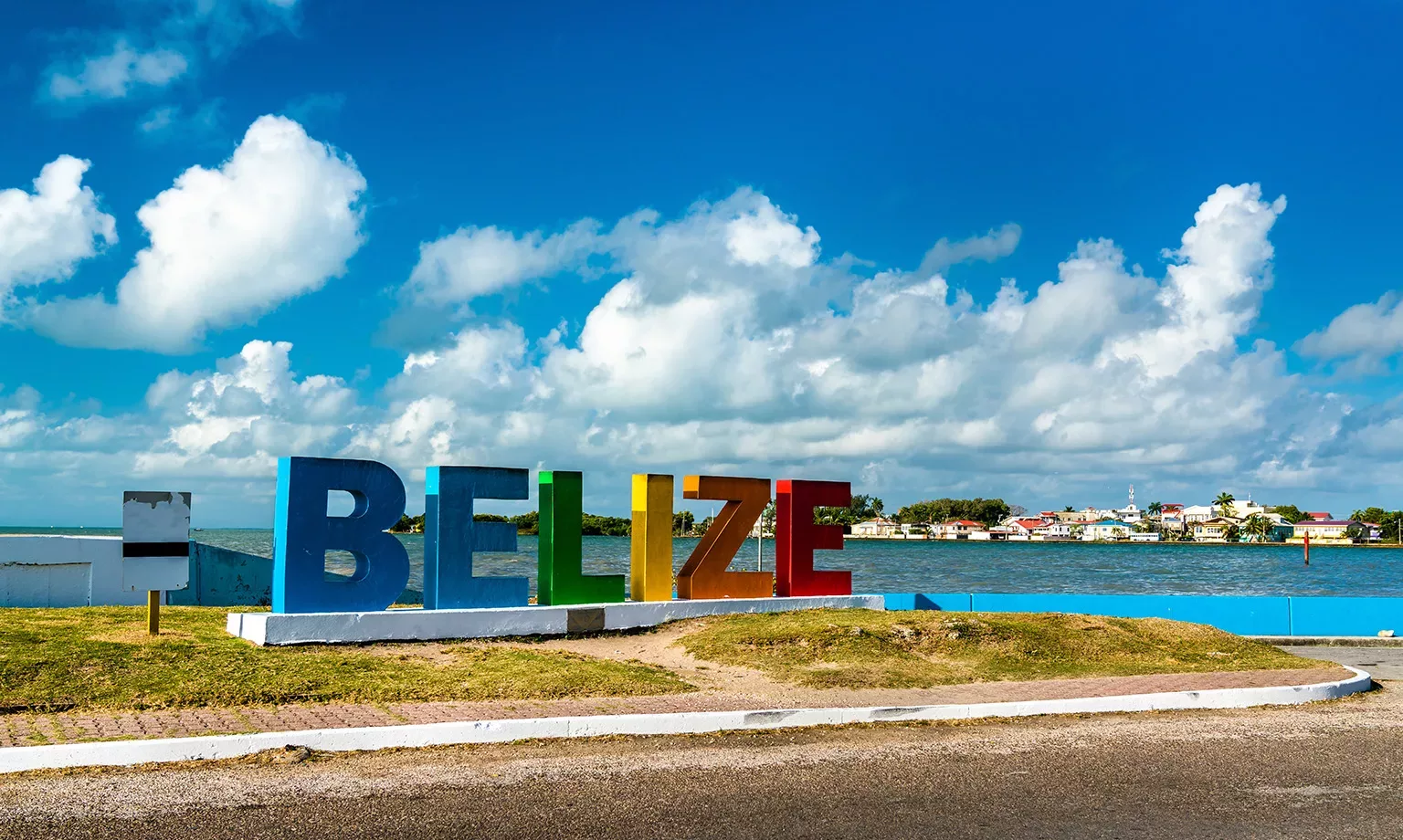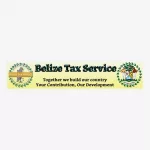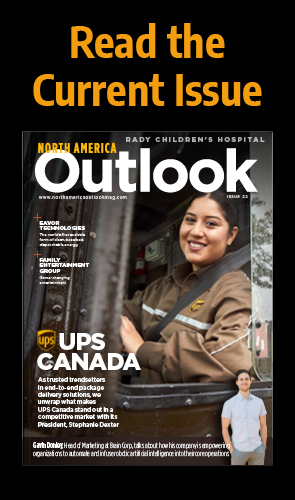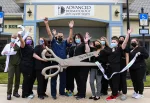Exploring diversified opportunities in untraditional avenues, we shine a light on Belize as a beacon for domestic and foreign investment.
SPOTLIGHT ON INVESTMENT IN BELIZE
Located on the northeast coast of Central America, Belize is a country that is fully alert to the potential of investment as a crucial tool for sustainable economic development, income growth, and employment – both for local and foreign direct investment (FDI).
The exploration of non-traditional agricultural products and manufacturing activities has been a consistent focus of the Belizean government since the end of the 20th century to open the national economy, following a decrease in the commercial logging and timber export activities that had previously been a mainstay of its investment landscape.
Tourism is a key industry for economic activity and an invaluable source of foreign exchange for Belize. This runs parallel to the extensive export of seafood, particularly to the US, with a continued foray into different avenues of aquaculture such as shrimp farming.
Whether domestic or FDI, a healthy enabling environment for business is the cornerstone on which successful investment rests. In Belize, this entails a sound macroeconomic environment, a robust domestic financial system, effective rules of law, good governance, and a suitably skilled workforce to meet capacity demands. In addition, the country fully leverages a host of incentive schemes devised through the government and designed to function as a catalyst for investment.
Complementing these internal initiatives, which specifically target the growth and development of the country’s micro-, small- and medium-sized enterprises (MSMEs), is Belize’s active involvement in various agreements that maintain an openness to international trade. The country’s myriad investment opportunities are supported by the National Investment Policy and Strategy (NIPS), which enables greater cohesiveness in the investment value chain and a new Fiscal Incentive Act, which provides broad-based incentives to MSMEs as engines for macroeconomic growth; a legislative tool that is geared towards improving the local business climate and streamlining the facilitation of short-, medium-, and long-term opportunities. Through NIPS, Belize confronts investment challenges with an eye to mitigate the existing trade imbalances, the result of a weak manufacturing sector and an export specialization that traditionally relies on products that are vulnerable to the risks posed by climate change, including sugar cane, citrus, and bananas.
As the country pioneers its economic recovery from the impacts of the COVID-19 pandemic, Belize stands by its stringent environmental commitments, including a target of reaching net zero, and navigates the exploitation of investment opportunities that do not compromise or threaten the protection of its pristine habitats.
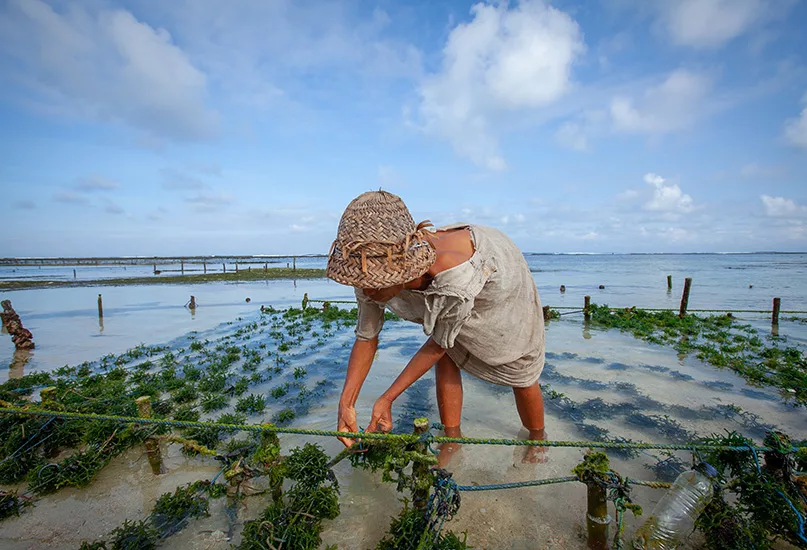
Q&A WITH BELTRAIDE
Making business happen in Belize, we speak with Dr Leroy Almendarez, Executive Director of BELTRAIDE, as the national statutory body pursues diversification and increased domestic capacity
Could you talk us through BELTRAIDE’s inception and your current mission?
Dr Leroy Almendarez, Executive Director (LA): BELTRAIDE originally began in 1998 as a trade and investment promotion agency, looking specifically at that landscape as a vehicle to try and enhance those areas. Shortly after, in 2000, it transitioned into what is now formally known as BELTRAIDE, which branched into functional areas such as training and employment, small business development, and exports. We remain focused on investment as the country’s interface, but there is a whole ecosystem that exists under BELTRAIDE. Now that we are focused on economic recovery, our role has become even more significant. MSMEs are seen as an engine for growth, especially with the current mandates from government, so that has given us greater relevance.
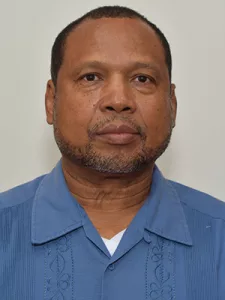
“We remain focused on investment as the country’s interface, but there is a whole ecosystem that exists under BELTRAIDE”
Dr Leroy Almendarez, Executive Director, BELTRAIDE
What would you identify as the key industries that are currently transforming the economy in Belize?
LA: There are increasing investment opportunities within offshore and outsourcing, agriculture, fishing, manufacturing, and tourism, and these remain our priority areas. Due to the impact of the COVID-19 pandemic, there was a very quick decline in gross domestic product (GDP). But now, it’s rebounding, and agriculture has acted as a substitute in terms of economic activity and income generation for the country.
Business process outsourcing (BPO) is a big focus for us, especially with increased diversity. In fact, there are 28 BPOs operating, employing around 8,000 people with the intention of expanding to 12,000. As a result, there are many avenues available for the expansion of the BPO industry.
The government has enacted various policies, strategies, and put a legal framework in place. Certain legislations have been amended, repealed, and entirely replaced, and we have a national investment policy and strategy (NIPS) that was passed by the Cabinet last year. This takes a very broad look at some of the major challenges that we face when it comes to doing business in Belize. Skills development is so important when it comes to investment, and we now have a new Fiscal Incentive Act in place since the old version was repealed. This has several incentives for MSMEs that allow for increased productive capacity as we intend to bridge the trade imbalance that exists between exports and imports into the country.
We have also developed an MSME policy and strategy that is all-encompassing with the private and public sectors working very closely together. Ultimately, it’s the government that creates the enabling environment, but it’s the private sector that puts it into business. It’s important to build confidence so that they can invest to expand and find new avenues for business growth. At first, we were mainly focusing on traditional products, but now we’re exploring non-traditional sources of output and that has been working well. This includes resources such as coconuts and seaweed, which previously, we would not have included as part of our industrial basket.
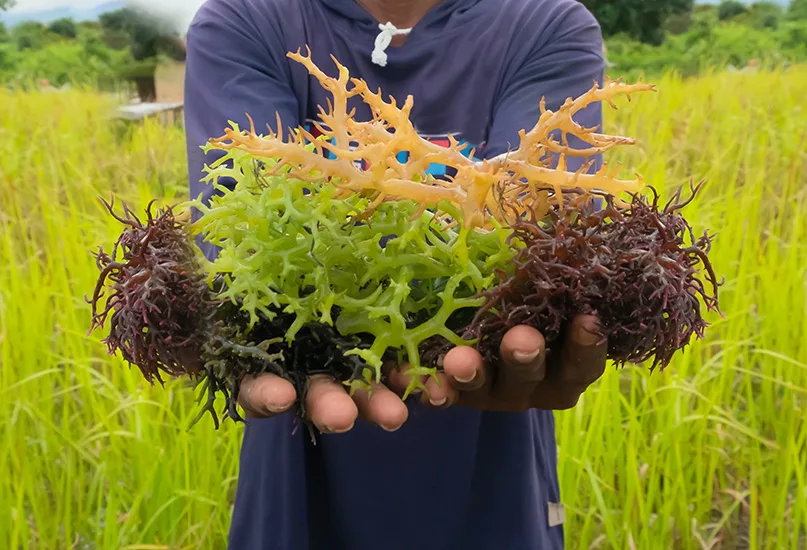

A stable political and business environment is an essential consideration for investment. Is this something that Belize benefits from and how does that advantage translate to potential investors?
LA: We have a level of political tranquility that lends itself to economic activities which are stimulated by the various incentives that we have in place. These don’t cater solely to FDI, but also to local investors since we want to encourage a landscape of joint ventures (JVs) and possible mergers. These are just some of the avenues available to us to expand. Tourism is one such area where there have been several investments, and it’s the same with the blue economy. We have now segregated our economy into blue, green, and orange, because the creative industry is an area where previously, we hadn’t put enough effort into tracking its wealth contribution to the country. There is now a direct focus on how MSMEs can benefit from incentives and programs that will allow them to generate greater economic activity.
How is Belize navigating the global labor shortage across many industries? Would you say the country benefits from a skilled workforce?
LA: Although this is certainly something that we benefit from, there is still a great need to focus on this area. It has never been more important for academia to become aligned with industry, since at the end of the day, this is where skill development should come from. Our academic institutions need to understand the demands that have been created, and the skills required to meet them. This could be anything from a bachelor’s degree to an initiative that simply facilitates upskilling. We want the labor force to have the opportunity for upward mobility across all industries, so that they can progress through to the upper echelons of the value chain.
In terms of the green economy, we need the creation of green jobs in areas such as aquaculture, and renewable energy. Belize is a country that is committed to net zero, and we are dedicated to reducing our carbon footprint in the era of climate change. We are focusing on renewable energy sources, since this is what we primarily use in Belize. We still import fossil fuels from Mexico, but we are hoping to bridge that gap with renewable sources and ultimately become a net exporter of renewable energy. Furthermore, there are employment opportunities in the blue economy, where we are focused on our fisheries, aquaculture, and mariculture both onshore and offshore. Under the orange economy, we are placing a greater emphasis on business methodologies and for those businesses to understand that the more activities that are generated, everyone can find a niche. This is how we have segregated our economy to be able to identify the skills being demanded by the different industries.
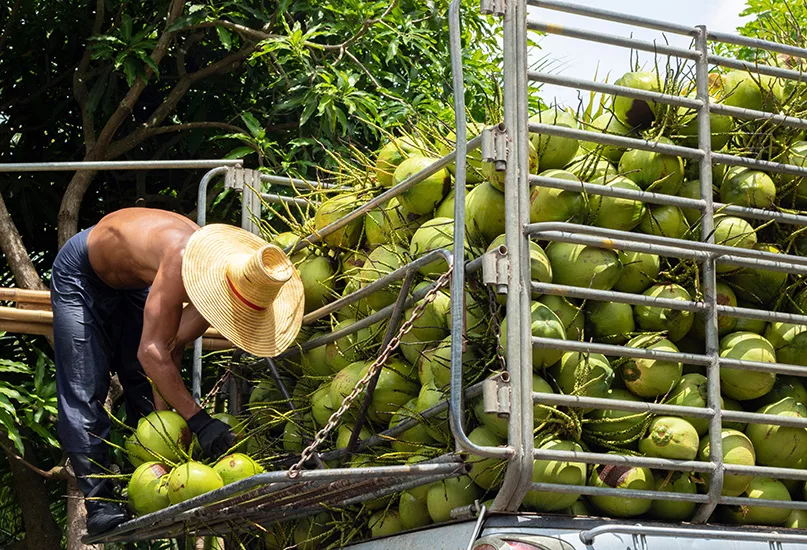
How does Belize maintain an openness to trade?
LA: The Caribbean Forum (CARIFORUM) is a big advantage for us as an expansion of The Caribbean Community and Common Market (CARICOM), since it includes the Dominican Republic as well. CARICOM is key, and we engage through that scheme as a signatory to the CARICOM single market and economy (CSME).
Belize holds the position of Deputy Chair of Caribbean Export Development Agency (CEDA), and I currently occupy the post of Deputy Chair for Belize. When we sit and plan, we look at the region in terms of trade, investment, and how we can develop best practices when we analyze our projects and try to understand how we can make our space more competitive. These forums provide us with a greater opportunity to sell these projects by interacting with international trade bodies. We have been involved with Saudi Arabia and two conferences held in Dubai. This allowed us to convene meetings with potential investors, looking at our rate of return and the entire investment banking process.
CARIFORUM is very beneficial to us, since not all countries are on the same level. Belize has also been a member of the Caribbean Basin Initiative (CBI) for quite some time, and that continues to provide us with benefits, alongside the Caribbean Basin Trade Partnership Act (CBTPA).
Outside of the Caribbean, we engage in partial scope agreements (PSAs). As an example, we have an existing agreement with Guatemala, and have been negotiating to try and expand that arrangement. We are also currently in discussions with Mexico, and we have an economic cooperation agreement in place with Taiwan. The latter is extremely beneficial as Taiwan looks to import more seafood.
Central America is a huge market for us, since Belize is known as the bridge between Central America and the Caribbean. We seek to bridge CARICOM and Central America. Being both English and Spanish speaking, we can take advantage of different possible opportunities in terms of trade and investment. Under CSME, you can enjoy the free movement of trade, goods, and people. Furthermore, we have political integration with Central America, with an eye towards economic integration. We are also looking to our private sector to ensure that, with any negotiation or agreement that is formalized, we have the availability to provide the necessary product or commodity, since these arrangements are typically quota driven.
There are a lot of markets for us to explore, but it means that domestically, we need to increase our export productive capacity. The environment for that is being created, and so we need to continue building confidence with the private sector by reducing the cost of doing business as much as possible. By allowing them to increase capacity, we can then explore other markets available with the suite of products to allow us to play in those areas.
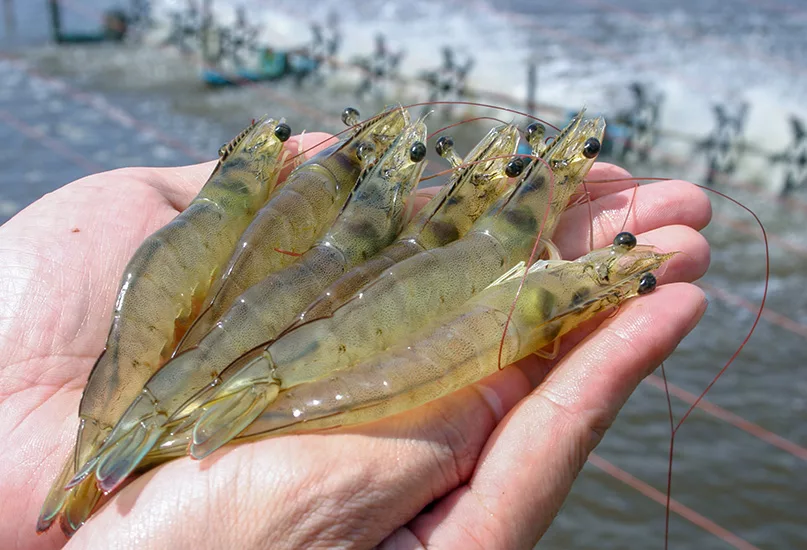
How does BELTRAIDE support the development of local women in business?
LA: Belize benefits from a seat at SICA in Central America. In fact, the country currently occupies the presidency pro-tempore. There are several bodies under SICA, one of which I preside over, CENPROMYPE, that oversees Central American countries. Here, we have been discussing methodologies and opportunities to create greater economic activity through diversification in Central America as well.
Through this, we adopted an initiative called the Female Entrepreneurship Program (FEP), where we provide training in leadership and business methodology. This guides them through how to access the market with a product or service and how to brand it. So far, we have had four cohorts of graduates, and it is a methodology that has been catching on. We have also partnered with Taiwan and through this, we have been able to provide even greater opportunities. We recently concluded the ‘MSME Roadshow’, where we went to 10 different locations to launch pop-up shops that local women could get involved in to bring greater awareness for those in the area on what is being produced.
Recently, we also launched an incubator, guiding women in business on how to develop a start-up, understand how a business works, and how that business can interact with others. We have also launched a solar-powered ICUBE which has been converted into a mobile office and travels across the country to reduce the cost for MSMEs that cannot afford to come to us, and that way we can interact with them. We are also setting up digital connect centers in rural areas of the country, where there are many single mothers who work from home, so they can go to that location and access the information they require. We are bridging the digital divide, since the COVID-19 pandemic showed us the importance of being connected digitally.
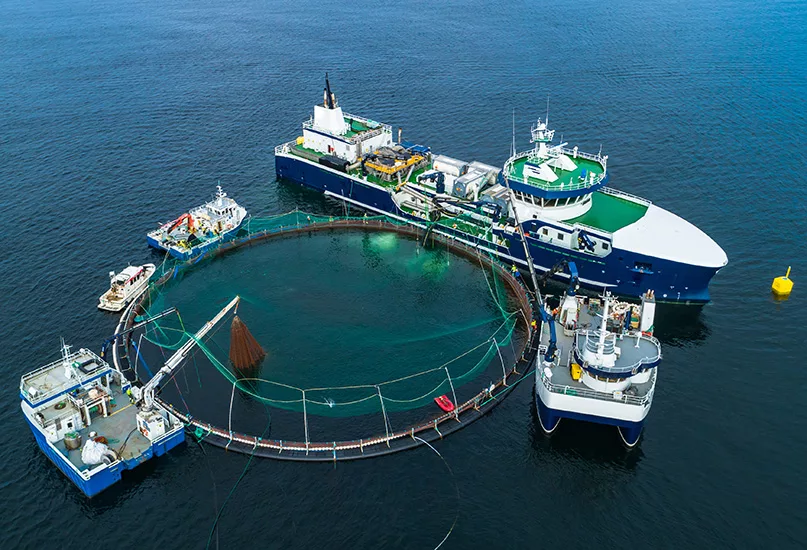
Finally, how do you forecast the investment landscape developing across Belize over the next five years?
LA: Firstly, thanks to the expansion of the fiscal incentive, those who were operating under the old model have now transitioned. As a result, they now benefit from additional incentives, customs duty, excise duty, replacement duty and in some cases, business tax. The process has now been shortened, so it is simpler for foreign direct investors. We also have a designated processing area and are becoming far more technologically minded. We have broadened the landscape of incentives that potential investors will be able to benefit from over the next five years and I forecast exponential growth in certain areas. This particularly applies to renewable energy, agriculture, agro-processing, tourism, and BPO. In addition, there are the non-traditional areas that have risen to the fore, including seaweed farming, where we are seeing traditional fish farmers transition to that model.
We are exploring and taking full advantage of the natural endowments that we have, but in a way that has no potential for costly damage to the environment. Whatever we do, we create an equilibrium between investment and making sure that our environment is protected.
BELTRAIDE PARTNERS


